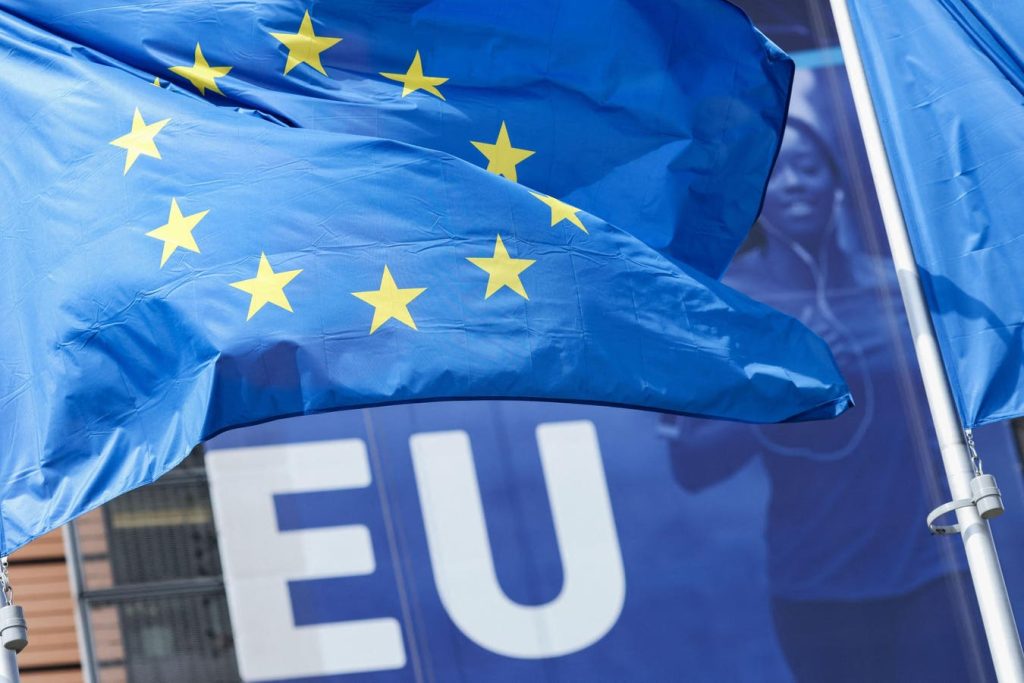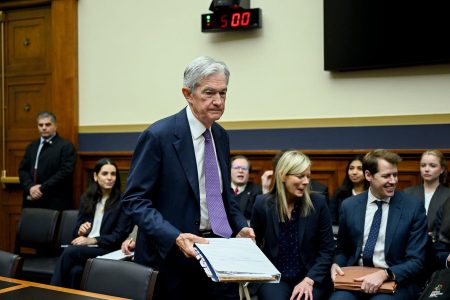The European Union is embarking on a significant regulatory reform process aimed at streamlining its ambitious climate change legislation, packaged under the banner of the Omnibus Simplification Package. This initiative, spearheaded by European Commission President Ursula von der Leyen, seeks to address concerns from businesses about the regulatory burden imposed by the EU Green Deal, a sweeping set of policies designed to achieve climate neutrality by 2050. The package targets three key pieces of legislation: the EU Taxonomy, which classifies environmentally sustainable economic activities; the Corporate Sustainability Reporting Directive (CSRD), requiring companies to disclose their environmental and social impact; and the Corporate Sustainability Due Diligence Directive (CSDDD), holding companies accountable for human rights and environmental violations in their value chains. This attempt to simultaneously reform multiple complex regulations has sparked controversy, with climate activists fearing a rollback of hard-won environmental progress and others criticizing the lack of clarity surrounding the proposed changes.
The Omnibus Simplification Package, while presented as a solution to excessive regulatory burden, has been shrouded in ambiguity since its announcement in November 2023. The lack of concrete details has fueled speculation and anxiety among stakeholders, particularly as the European Commission prepares to address the package on February 26. The Council of the EU, currently under the Polish Presidency, is scheduled to discuss the proposal on January 21, aiming to shape the direction of the reforms. This preemptive discussion highlights the urgency surrounding the issue and the Polish Presidency’s commitment to addressing business concerns about the impact of EU regulations on economic growth and competitiveness.
The Polish Presidency’s focus on economic competitiveness underscores the delicate balancing act facing the EU. While acknowledging the need to address climate change, the Presidency emphasizes the importance of fostering a business-friendly environment to avoid hindering investment and driving companies to more lenient jurisdictions. This emphasis aligns with broader concerns within the EU about maintaining economic growth in the face of global competition and the ongoing energy crisis. The Presidency’s framing of the issue suggests a potential conflict between environmental goals and economic realities, setting the stage for a potentially contentious debate within the Council.
The Polish Presidency, in its Issue Note circulated to Council members, explicitly links the existing regulatory framework to hindered investment and decreased growth prospects. The note argues that the current regulatory regime discourages companies from investing long-term and may lead to job losses as businesses relocate to jurisdictions with less stringent regulations. This narrative highlights the perceived economic costs of stringent environmental regulations and underscores the Presidency’s prioritization of economic growth. The note also emphasizes the potential societal implications of a stagnant economy, framing the regulatory reform as essential for preserving the “European way of life.”
To guide the upcoming discussions, the Polish Presidency has posed three key questions to Council members. These questions focus on identifying areas for simplification and burden reduction, particularly for small and medium-sized enterprises (SMEs) and small mid-caps. They also seek concrete suggestions for simplifying existing regulations in the realm of economic and financial affairs and explore how co-legislators and Member States can collaboratively support these efforts. The emphasis on SMEs reflects the recognition that smaller businesses often face disproportionate challenges in complying with complex regulations. The questions’ focus on concrete suggestions signals a desire for practical solutions rather than abstract discussions.
The upcoming Council discussion is anticipated to reveal potential fault lines between member states with differing priorities. While some, particularly Germany, are expected to push for significant reductions in reporting requirements under the CSRD and CSDDD, others may advocate for maintaining the stringency of these regulations to ensure environmental and social accountability. This potential clash of interests foreshadows a complex negotiation process as the EU grapples with balancing competing economic and environmental objectives. The absence of detailed background information on the proposed reforms, including a draft proposal or brief, indicates that the Omnibus Simplification Package is still in its early stages of development, with the Council discussions playing a crucial role in shaping its final form. The responses to the Polish Presidency’s questions will likely heavily influence the drafting process, potentially setting the stage for a compromise between simplifying regulations and upholding environmental goals.










